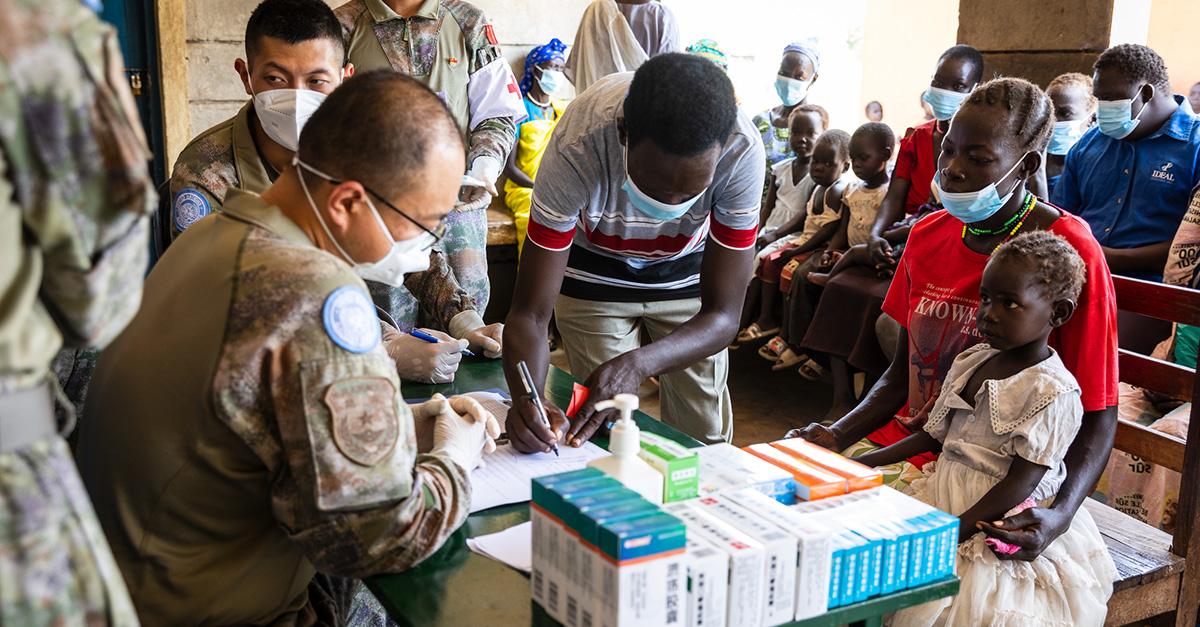More from UN DESA

We live longer than ever, but many health-related SDG targets are off-track ahead of 2030 deadline
Global health has improved significantly over the past 30 years thanks to advances in disease control, public safety, nutrition, personal hygiene and medical therapies. Progress towards universal health coverage and emphasizing primary healthcare, has contributed to rising life expectancies worldwide.
Health is a fundamental human right and is central to sustainable development. However, despite past gains, global progress on health stalled after 2015 and deteriorated further during the COVID-19 pandemic. Achieving universal access to quality healthcare, including for sexual and reproductive health, remains essential for achieving the Sustainable Development Goals (SDGs) by 2030.
Sadly, many health-related SDG targets are off-track. The slow pace of progress is due in part to geopolitical conflicts, climate change and other crises, but that is not the whole story. Especially in low- and middle-income countries, inadequate funding for the health sector results in unequal access to care and high out-of-pocket costs. A global shortage of healthcare workers poses additional challenges to ensuring universal access. Meanwhile, population ageing is increasing demand for healthcare services.
Ensuring healthy lives and promoting well-being for all at all ages requires a life course approach that addresses people’s health needs from childhood to older ages in a holistic manner, allowing for interventions tailored to meet individual needs.
The topic of health will be front and center as the Commission on Population and Development convenes for its annual session under the theme "Ensuring healthy lives and promoting well-being for all at all ages." The Commission will focus on policies and actions to accelerate progress towards the health-related goals of the ICPD Programme of Action and the 2030 Agenda.
Stakeholders are expected to renew their commitment to building sustainable and resilient health systems that facilitate the delivery of quality essential healthcare services. Five reports of the UN Secretary-General and four high-level or expert panels will inform these deliberations.
The session’s opening on Monday, 7 April, will feature the Deputy Secretary-General of the United Nations, Ms. Amina Mohammed, the Under-Secretary-General for Economic and Social Affairs, Mr. Li Junhua, and the Executive Director of the United Nations Population Fund, Dr. Natalia Kanem. Also, H.E. Ms. Harini Amarasuriya, Prime Minister of the Democratic Socialist Republic of Sri Lanka, is expected to present a keynote address.
For more information: Commission on Population and Development
Photo credit: UN Photo/Gregório Cunha.
 Welcome to the United Nations
Welcome to the United Nations